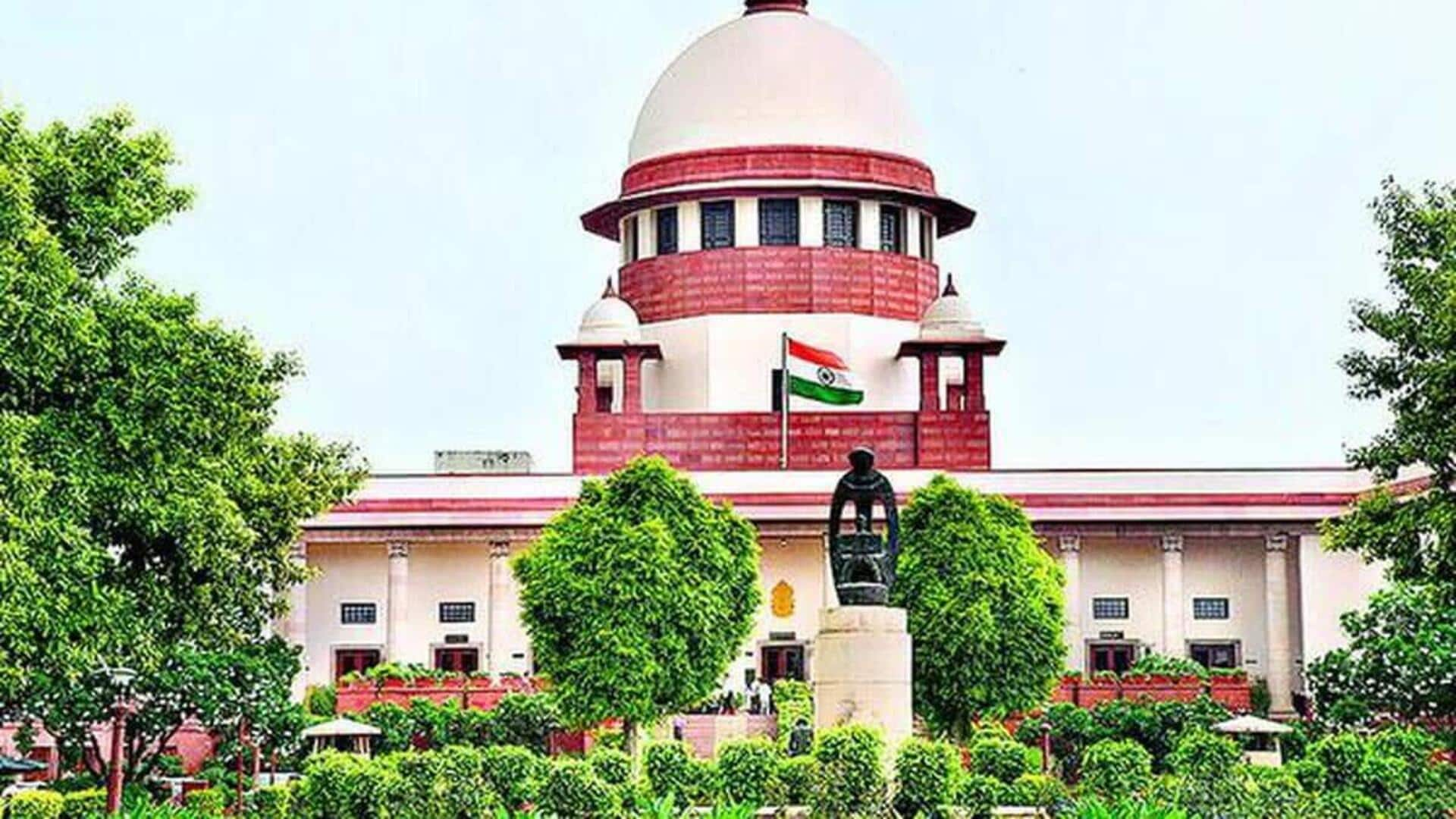
SC issues notice to Centre, ECI on election rule amendments
What's the story
The Supreme Court has sought responses from the Union government and the Election Commission of India (ECI) on a petition filed by Congress General Secretary Jairam Ramesh. The petition by Ramesh challenges recent amendments to the Conduct of Election Rules, 1961. A bench led by Chief Justice of India Sanjiv Khanna and Justice Sanjay Kumar will hear the case in the week starting March 17.
Petition details
Ramesh's petition criticizes amendments to election rules
Ramesh's petition highlights the lack of transparency and accountability in the electoral process owing to these amendments. Senior counsel Abhishek Manu Singhvi, who appeared for Ramesh, slammed the amendments as a "clever" move to restrict public access to important electoral materials. Singhvi questioned the reasoning behind the amendment. "One of the reasons given in the press is, we have taken away CCTV, video because identity of voter is revealed," he said.
Argument
Ramesh criticizes ECI's role in amending election rules
Singhvi asked the court to set a timeframe for respondents to file their responses after it issued notice on Ramesh's petition. Per Bar and Bench, the amendments were made after the Punjab and Haryana High Court ordered the ECI to provide attorney Mehmood Pracha with footage relating to votes cast in a polling station during the Haryana assembly elections. The amendments limit public inspection of electronic documents such as CCTV footage and webcasting recordings, citing the possibility of misuse.
Election integrity
Amendments undermine election integrity: Ramesh
Senior advocate Kapil Sibal, also appearing for the Congress leader, emphasized that Forms 17A and 17C under the rules mandate keeping details of electors and votes polled. Ramesh contended that these changes compromise election integrity by diminishing transparency. In December, the Union Law Ministry amended Rule 93(2)(a) of the Conduct of Election Rules, 1961, on the ECI's recommendation, restricting access to certain documents without public consultation. Critics, including Ramesh, see this as an affront to democratic principles.